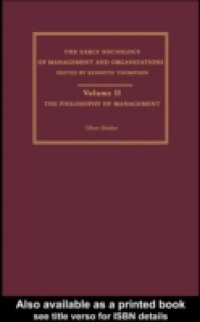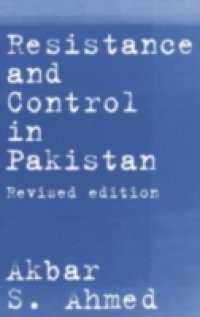Drawing on speeches, essays, sermons, reminiscences, and works of theological speculation from 1800 to 1950, Christopher Z. Hobson offers an in-depth study of prophetic traditions in African American religion. He shows how African American prophets shared a belief in a God of the oppressed: a God who tested the nations ability to move toward justice and who showed favor toward struggles for equality. Hobson also provides insight into the conflict between the African American prophets who believed that the nation could one day be redeemed through struggle, and those who felt that its hypocrisy and malevolence lay too deep for redemption. Contrary to the prevalent view that black nationalism is the strongest African American justice tradition, Hobson argues that the reformative tradition in prophecy has been most important and constant in the struggle for equality, and has sparked a politics of prophetic integrationism spanning most of two centuries. Hobson shows too the special role of millennial teaching in sustaining hope for oppressed people and cross-fertilizing other prophecy traditions. The Mount of Vision concludes with an examination of the meaning of African American prohecy today, in the time of the first African American presidency, the semicentenary of the civil rights movement, and the sesquicentennial of the American Civil War: paradoxical moments in which our post-racial society is still pervaded by injustice, and prophecy is not fulfilled but endures as a challenge.

















